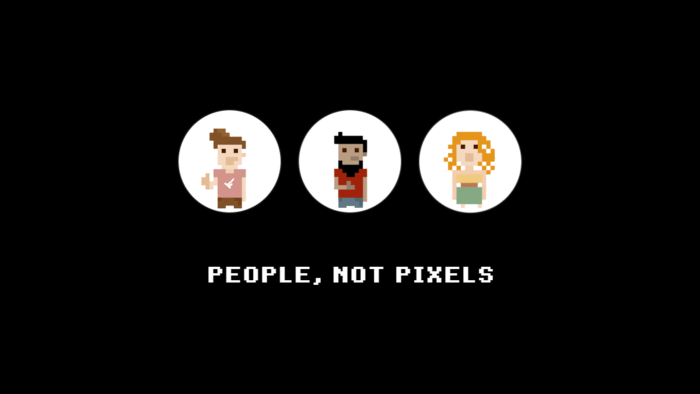People, Not Pixels
Empathy is the ability to understand and share the feelings of another person.
Sara Konrath, PhD, a researcher from Indiana University, says there is scientific research to back up the notion that Americans are caring less for others and more about themselves. While a specific reason is difficult to point to, it is not a stretch to say our digital lives might have us to interacting with more people than ever before, while simultaneously removing genuine connection.
Is it too late? What can we do?
Konrath says, “There are many, many different ways and lots of research trying to increase empathy. I don’t think there’s one way. The first thing I would say is that, we have to want to, it has to be important to us. The motivation really matters. Then from there, there’s many ways. There’s research showing that, for example, reading fiction actually helps to increase empathy, and also focusing on similarities between yourself and others.”
Remember when you are scrolling, reading, writing, upvoting (and downvoting), and debating online that the other avatars represent people who are also living through unprecedented times. What’s more, they’re also probably trying to do their best with the information they have - most of us do.
Humans are consuming more news, most of it negative, than ever before and we all respond to this differently. The consequences of hundreds of millions of people consuming this news, all connected online for the first time in history, is unfolding right before our eyes. A lot of it appears to be ugly on the surface. Is a lack of empathy to blame? While we should be thankful that we have the ability to connect digitally during the times we are, we should also remember that the pixels on our screens are filled with ideas, thoughts, and stories from other people on their own journeys.
